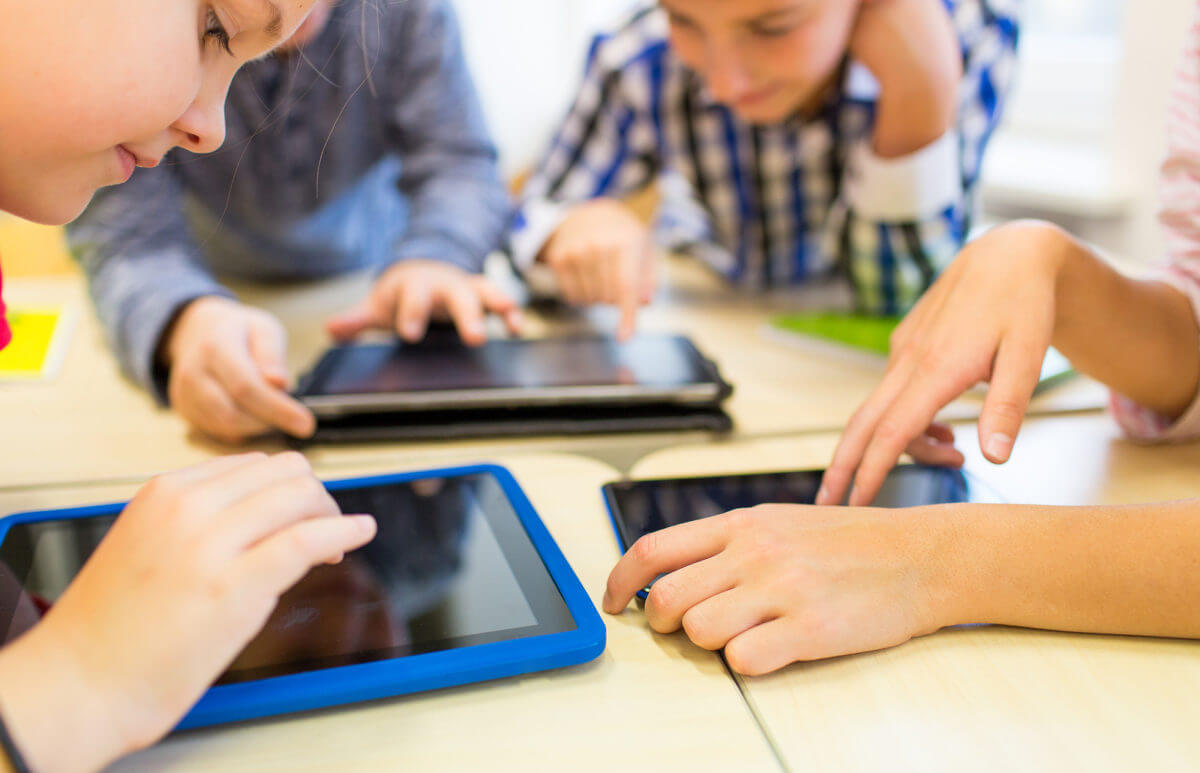Research Finds that ‘Touchscreen-Toddlers’ are Losing Sleep

Researchers have found that toddlers who spend more time playing on smartphones and tablets are getting less sleep than those who do not. This is according to a study in Scientific Reports, which also found that every hour that youngsters spent per day using a touch screen could be linked to 15 minutes less sleep at night time.
There has been a rapid escalation of touch screens used in the home in recent years, but our understanding of their impact on early childhood development has been lacking. The study, which was undertaken by Birbeck at the University of London, questioned 715 parents of children below 3 years about their children’s usual exposure time to a smartphone or a tablet, as well as their sleeping patterns.
The study revealed that 75% of the children used a touchscreen every day. 51% of the subjects between 6 and 11 months old used a touchscreen on a daily basis, and 92% of the toddlers between 25 – 36 months did too.
Children who play with touchscreens tend to sleep less at night and more during the day. Despite the study being timely, experts say that parents should by no means lose sleep over its findings.
One advantage attributed to the use of touchscreens by the toddlers was the quick development of their motor skills. This, however, was linked to those toddlers who were actively involved in the use of touchscreens rather than passively. Swiping the touchscreen during games instead of just watching videos was shown to accelerate the motor skills of the children.
Due to these new findings, there has been controversy over whether to deny or allow children the use of touchscreens. In response, one of the researchers, Dr Tim Smith claims that since the science is quite immature, plus the fact that humans are lagging behind the technology, it would be very tricky to make a decision as it is quite early to form clear declarations.
Smith, however, suggests the use of the regulations similar to those put in place for the amount of time spent watching television. This means putting a limit on the total time spent on devices, ensuring that children are still involved in physical activities, making sure they are exposed to age-appropriate content as well as avoiding touchscreens during the hour prior to bedtime.
According to Dr. Smith, 10 to 12 hours of sleep for children every day is not a massive amount of time. However, he stressed that sleep comes with its benefits and that every minute of sleep is vital for children’s development.
A cognitive development researcher at the Coventry University, Dr. Anne Joyce commented that “As the first study to investigate associations between sleep and touchscreen use in infancy, this is a timely piece of research”.
In regard to the findings revealed by the research, Dr. Joyce advises that it would be well-worth parents minimising their children’s touchscreen time, as well as other media usage blue light during the hours before their children go to sleep. Dr. Joyce further added that since little information about the touchscreens and their impact on sleep is known, it would not be appropriate to ban them completely.
According to Prof Kevin McConway of The Open University, a child who spends 25 minutes using a touchscreen on daily basis will lose around 6 minutes of their sleep. He reassured parents that “I certainly wouldn’t lose any sleep over these results if I still had young children”.
